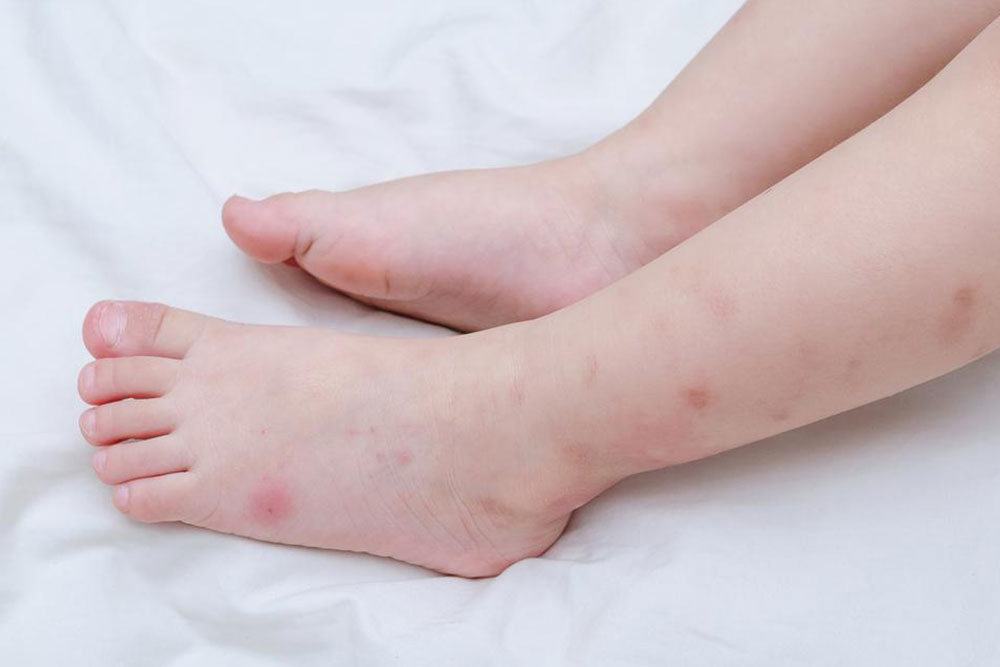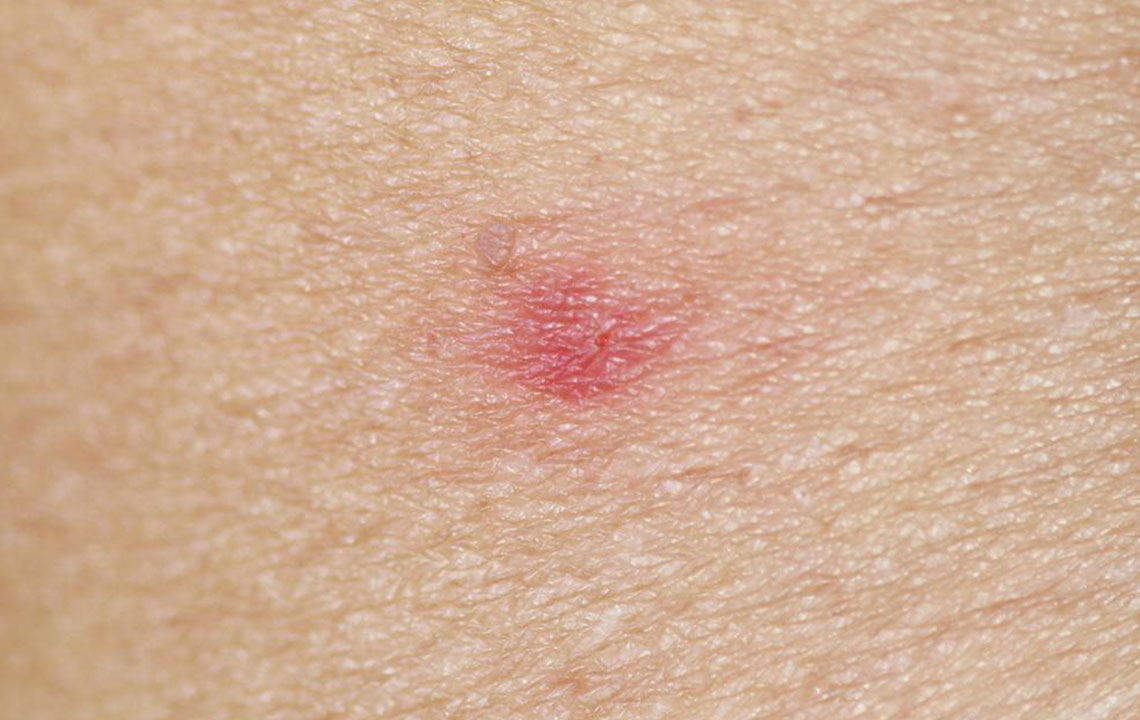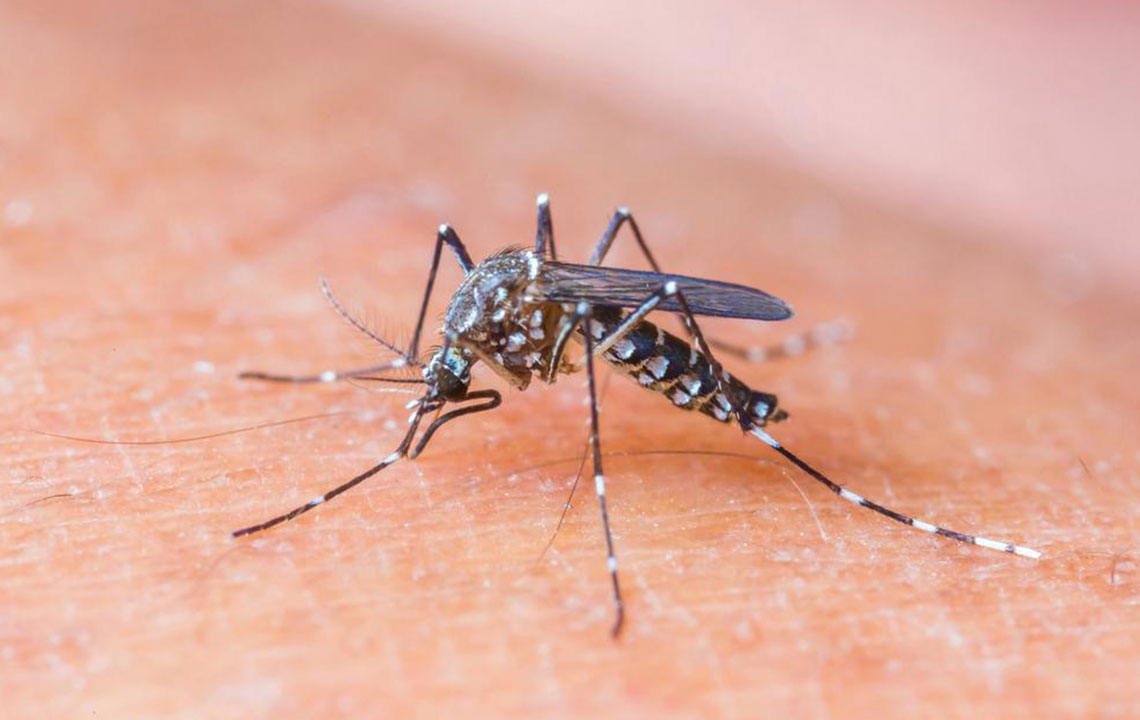Essential Tips for Identifying and Managing Common Insect Bites
Learn how to identify and manage common insect bites with this comprehensive guide. Understand symptoms, prevention tips, and when to seek medical help for bites from ticks, mosquitoes, fleas, spiders, bed bugs, chiggers, and fire ants. Protect yourself and your family from potential health risks with simple precautions and timely treatment.

Insect bites are common and can cause symptoms ranging from minor irritation to serious health issues, depending on the insect. While most bites resolve within days with simple care, some require immediate medical attention. Correctly identifying insect bites can be difficult and may need expert guidance. This article provides key information on recognizing common bug bites and knowing when to seek medical help.
Tick bites: Ticks can spread diseases like Lyme disease and Rocky Mountain spotted fever. Look for a distinctive "bulls-eye" rash around the bite.
Mosquito bites: Common everywhere, they can transmit Zika, chikungunya, malaria, and dengue. The bite appears as a white area with a red center, often itchy and swelling later.
Flea bites: These produce itchy, red bumps that are painful and may transmit tapeworms. They're easy to identify by the localized redness and itchiness.
Brown recluse spider bites: They cause blisters, pain, and itching. Severe cases can lead to tissue death, needing urgent medical care. Seek help if these bites are suspected.
Bed bug bites: Usually multiple bites in a line, often on legs or arms. They may itch heavily but often heal on their own; persistent itching may require steroid creams.
Chigger bites: Red pimples with a tiny red center that itch but are generally harmless.
Fire ant bites: Red spots that can turn into pus-filled blisters, indicating inflammation.
To prevent insect bites, use repellents, cover exposed skin, and avoid peak activity hours at dusk or night. These precautions can reduce discomfort and health risks.
Disclaimer: Our content aims to provide helpful information but should not replace professional medical advice. Always consult a healthcare professional for health concerns. We are not responsible for inaccuracies or platform differences.


